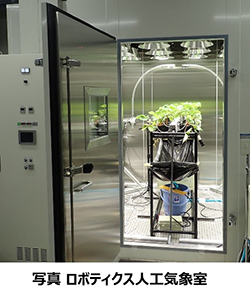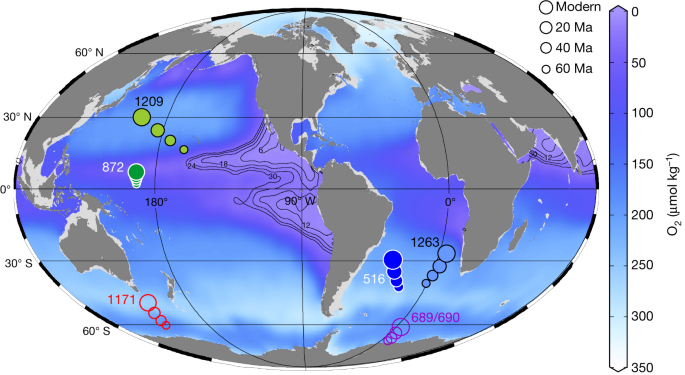2022-09-02 スウェーデン・リンショーピング大学
また、研究者たちは、芳香族性が失われたために反応性が高まったという仮説を検証するため、逆の関係もシミュレーションで調べた。この場合、まず反芳香族性の不安定分子から始めて、その分子に光を照射するシミュレーションを行った。すると、芳香族化合物が生成し、予想通り反応性が失われることが確認された。
<関連情報>
- https://liu.se/en/news-item/ljus-gor-stabila-molekyler-reaktiva
- https://pubs.acs.org/doi/10.1021/acs.joc.2c01172
π-リンカーの励起状態における芳香族性の変化によるジアリールエテンの光環化反応性の調節 Modulating the Photocyclization Reactivity of Diarylethenes through Changes in the Excited-State Aromaticity of the π-Linker
Baswanth Oruganti, Jun Wang, and Bo Durbeej
Journal of Organic Chemistry Published:August 23, 2022
DOI:https://doi.org/10.1021/acs.joc.2c01172

Abstract
uantum chemical calculations are performed to explore if the reactivity of diarylethene switches toward photocyclization can be controlled by the excited-state aromaticity of their bridging π-linker. Using an archetypal diarylethene with a non-aromatic π-linker as a reference, completely different outcomes are found when the π-linker is allowed to become either aromatic (no reaction) or antiaromatic (fast reaction) upon photoexcitation. The results demonstrate a possibility to use the excited-state aromaticity concept for actual modulation of photochemical reactivity.



